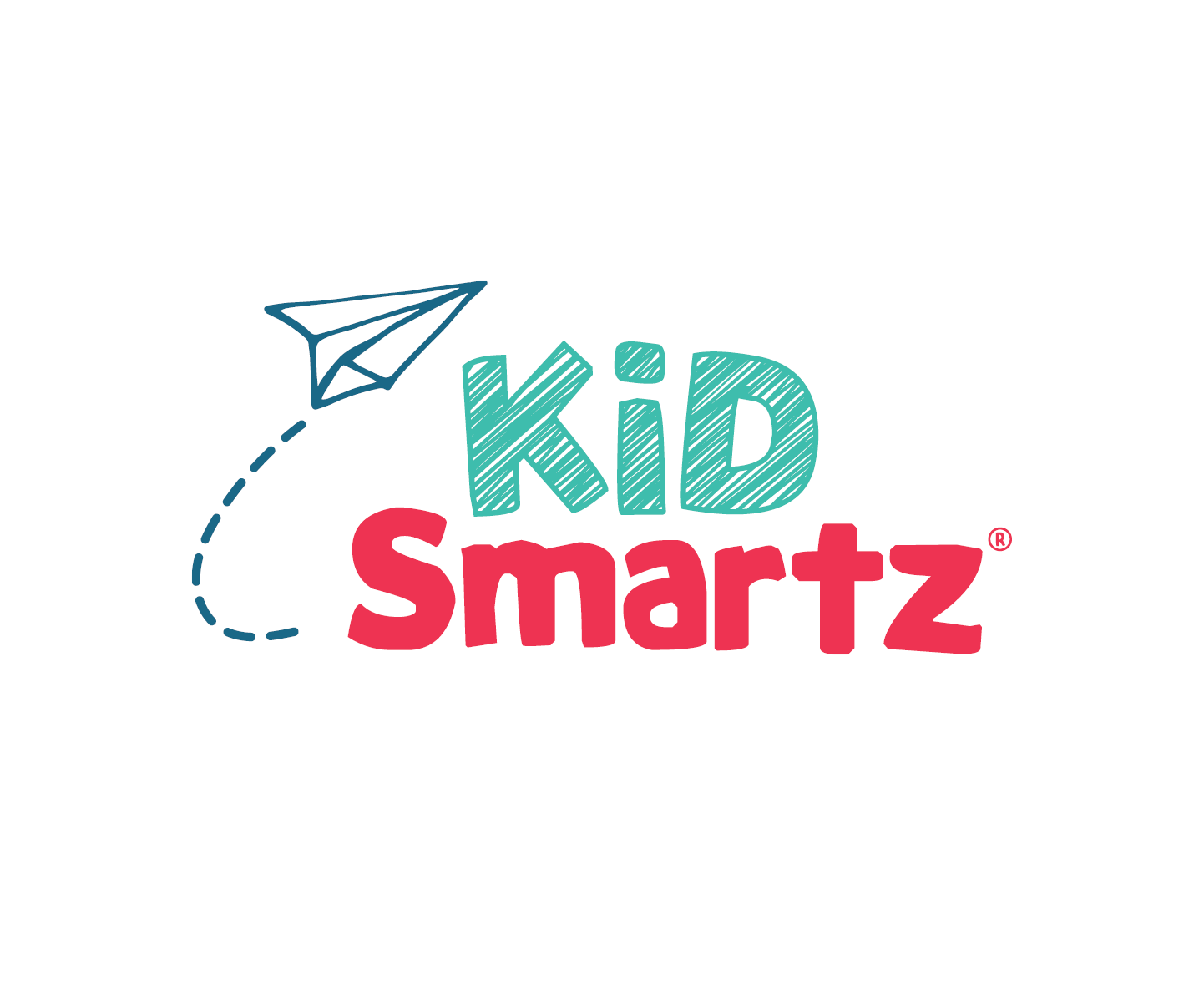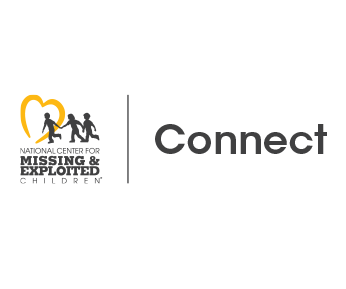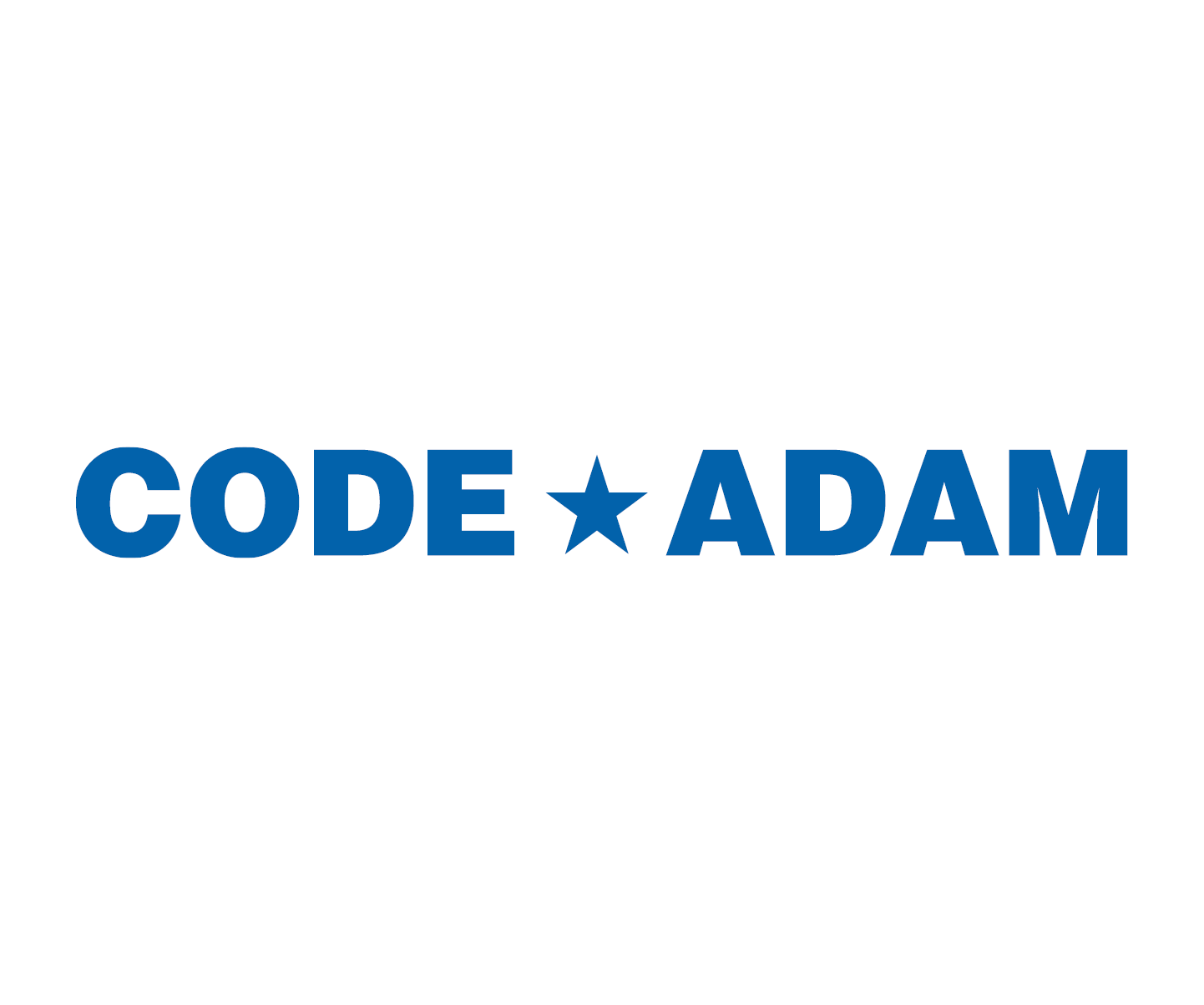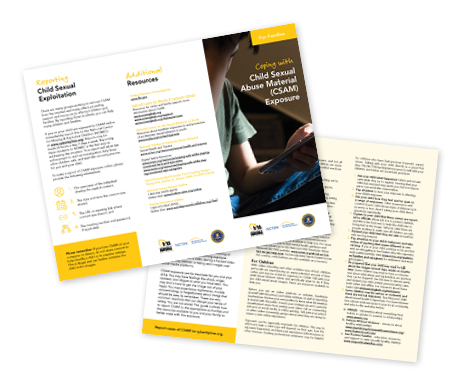- Get Help
Get Help Now
If you or someone else are in immediate danger, call 911 immediately.
- Immediately call your local law enforcement agency.
- After you have reported your child missing to law enforcement, call the National Center for Missing & Exploited Children at 1-800-THE-LOST (1-800-843-5678).
- If your child is missing from home, search through:
- Closets.
- Piles of laundry.
- In and under beds.
- Inside large appliances.
- Vehicles – including trunks.
- Anywhere else that a child may crawl or hide.
- Notify the store manager or security office if your child cannot be found when in a store. Then immediately call your local law enforcement agency. Many stores have a Code Adam plan of action in place.
When you call law enforcement:
- Provide law enforcement with your child’s name, date of birth, height, weight and descriptions of any other unique identifiers such as eyeglasses and braces. Tell them when you noticed your child was missing and what clothing he or she was wearing.
- Request law enforcement authorities immediately enter your child’s name and identifying information into the FBI’s National Crime Information Center Missing Person File.
- The Issues

Children on the autism spectrum may wander and become lost at rates higher than their peers.

Child sex trafficking involves the recruitment, harboring, transportation, provision, obtaining, or advertising of a minor child for the purpose of a commercial sex act.

Abductions in which a child is taken, wrongfully detained, or concealed by a parent or other family member.
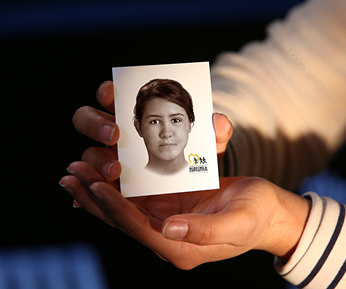
When the remains of a deceased child are recovered, NCMEC assists in helping give that child back their name. Can you ID any of these children?

This type of abduction can take various forms; from a noncustodial parent abducting the infant, to a stranger abducting the child from the hospital, home, or a public place.

Children who have been missing for more than 6 months become classified as “Long Term Missing”.

Children who go missing from state care must, by law, be reported to NCMEC.
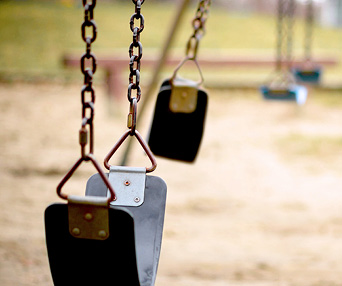
Nonfamily Abductions & Attempts
This includes abductions or attempted abductions by someone known to the child (like a neighbor or online acquaintance, etc.) as well as abductions by someone unknown to the child.

A range of online victimization that includes enticing a child to share sexually explicit images, meet in person for sex, engage a child in sexual conversations or role-playing, or to sell/trade the child’s sexual images to others online.

Learn more about children who are lost, injured or otherwise missing and critically missing young adults.

An “Endangered runaway” is any child under 18 years old who has run away from a parent, guardian, or state care facility.

A form of sexual exploitation in which non-physical forms of coercion are utilized, such as blackmail, to acquire sexual content (photos/videos) of the child, obtain money from the child or engage in sex with the child.

Child sexual abuse materials, more commonly known as child pornography, make up the majority of NCMEC’s CyberTipline reports.
- Our Work
Our Work
NCMEC proactively provides assistance to victims, families, law enforcement, social service agencies, mental health agencies and others when they need help with a missing, exploited, or recovered child.
Every child deserves a safe childhood.
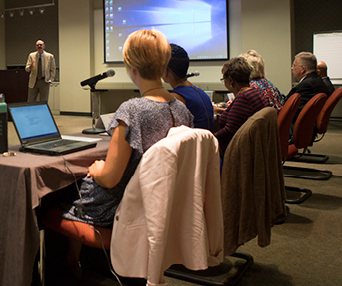
Professional Training & Resources
NCMEC is committed to providing training, technical assistance, education, and resources at no cost to child-serving professionals, including law enforcement and other personnel who assist with missing and exploited children cases. View our training courses.
For families with a missing or sexually exploited child, NCMEC provides crisis intervention and local counseling referrals to appropriate professionals. Our Team HOPE program connects families with peers who have had similar experiences and can offer coping skills and compassion. When a missing child is recovered, we help families with the reunification process, including mental health services and travel assistance.


NCMEC is able to analyze case data and CyberTipline information to assess trends in the field and help inform NCMEC’s prevention education programming.
NCMEC has dedicated staff and partners available to assist in cases involving missing and exploited children.


NCMEC provides safety and prevention resources for families and professionals focusing on child abduction, child sexual exploitation, and internet safety.
- KidSmartz Personal Safety Program: A child safety program that educates families and children about how to prevent abduction and that empowers elementary-aged students to practice safer behaviors.
- NetSmartz Online Safety Program: An educational program that teaches children ages 5-17 about online safety and digital citizenship. NetSmartz offers free, age-appropriate resources including videos, games, presentations, and classroom lessons to help children learn how to protect themselves and their friends online.
- Code Adam: A program, named in honor of Adam Walsh, that is designed to help businesses and other establishments ensure that they have safety protocols in place to respond quickly and effectively to situations involving a missing child.
- Safe to Compete: Guidelines for youth-serving sporting organizations and the parents of child athletes to help protect children from sexual abuse.
- KidSmartz Personal Safety Program: A child safety program that educates families and children about how to prevent abduction and that empowers elementary-aged students to practice safer behaviors.
- Education
Education
Prevention Education & Professional Training

Overview
As the national clearinghouse on missing and exploited children issues, NCMEC is uniquely situated to identify trends and create educational resources to address the changing needs of children, families, and communities. NCMEC provides safety and prevention resources for families and child-serving professionals focusing on the topics of online and real-world safety, including skills on how to handle a variety of situations ranging from staying home alone to knowing what to do in case of an emergency, to abduction and child sexual exploitation prevention.
Every child deserves a safe childhood.
Questions? Contact NCMEC’s Outreach and Prevention staff via email, outreach@ncmec.org.
By the Numbers
NCMEC has trained over
350,000
child serving professionals.
Over
200,000
kids have seen “Into the Cloud”.
KidSmartz resources have been viewed across
all 50 states and
170 countires.
Prevention Programs
NCMEC provides safety and prevention resources for families and child-serving professionals focusing on the topics of online and real-world safety, including skills on how to handle a variety of situations ranging from staying home alone to knowing what to do in case of an emergency, to abduction and child sexual exploitation prevention.
NetSmartz Online Safety Program
NetSmartz® is an educational program that teaches children ages 5-17 about online safety and digital citizenship. NetSmartz offers free, age-appropriate resources including videos, games, presentations, and classroom lessons to help children learn essential digital citizenship skills and how to protect themselves and their friends online. NetSmartz also has resources for parents and other trusted adults who need assistance talking to children about technology or on how to protect them online.
Watch NCMEC’s Newest Educational Series “Into the Cloud”
KidSmartz Personal Safety Program
KidSmartz® is a child safety program that educates families about preventing abduction and empowers kids in grades K-5 to practice safer behaviors. This program offers resources to help parents, caregivers, and teachers protect children by teaching and practicing the Four Rules of Personal Safety using tips, printable activities, quizzes, articles, music, videos, and more.
Professional Training and Resources
NCMEC provides safety and prevention resources for families and child-serving professionals focusing on the topics of online and real-world safety, including skills on how to handle a variety of situations ranging from staying home alone to knowing what to do in case of an emergency, to abduction and child sexual exploitation prevention.
Online Training Courses
NCMEC Connect is your virtual gateway to on-demand trainings, resources and best practices related to missing and exploited children. Access our learning platform to build your knowledge set around these issues to better protect children in your community.
In-Person Courses
NCMEC hosts in-person learning for child-serving professionals seeking to expand their knowledge of response to and prevention of missing and exploited children’s issues.
CODE ADAM
Code Adam, a program named in memory of Adam Walsh, is designed to help businesses and other establishments ensure that they have safety protocols in place to respond quickly and effectively to situations involving a missing child. It is now one of the largest child safety protocols being implemented in tens of thousands of establishments across the nation and provides critical guidance to employees on how to handle reports of missing children on the premises.
Missing Kids Readiness Program (MKRP)

MKRP promotes best practices for responding to calls of missing, abducted and sexually exploited children. Agencies will be recognized by NCMEC for meeting essential training and policy elements demonstrating preparedness for responding to a missing child incident.
Requests
Training Request
If you are interested in hosting a NCMEC training program, submit your request.
Event Request
Complete the Community Event, Conference, and Training Request Form to request NCMEC representation at your next community or conference event.
ATTENTION! We are currently experiencing technical issues with our Event Request Form. Please email your request details to external_requests@ncmec.org for assistance. We hope to have this issue resolved soon.
More
Children on the Autism Spectrum
Finding and safely recovering a missing child with Autism or other special needs presents unique and difficult challenges for families, law enforcement, first responders and search teams. The National Center for Missing & Exploited Children has special search protocols and checklists to help first responders. In addition, NCMEC has translated our NetSmartz and KidSmartz Safety Rules into SymbolStix.
Disaster Preparedness
Families may become separated during the chaos of a disaster, especially when evacuation is required. It is important to plan for your family’s safety. Be sure your child ID Kits are complete, then download and print your Disaster Safety Tips!
Learn more about disaster preparedness!
Safe To Compete: Protecting Child Athletes from Sexual Abuse
NCMEC’s Safe to Compete program provides youth sports organizations and families of child athletes with resources and best practices to help protect children from sexual abuse. Visit the SafeToCompete website.
Publications
Browse all of NCMEC’s child safety and prevention publications.
- Support Us
Look great and support your favorite charity! Wear the #HOPE heart and other NCMEC gear to show that you stand in solidarity with victims and their families.
NCMEC holds virtual and live events across the country. Find one near you.
The National Center for Missing & Exploited Children is a registered nonprofit 501(c)3 organization and we count on your charitable giving to help fulfill our mission to help find missing kids, reduce online child sexual exploitation, and help prevent child victimization.
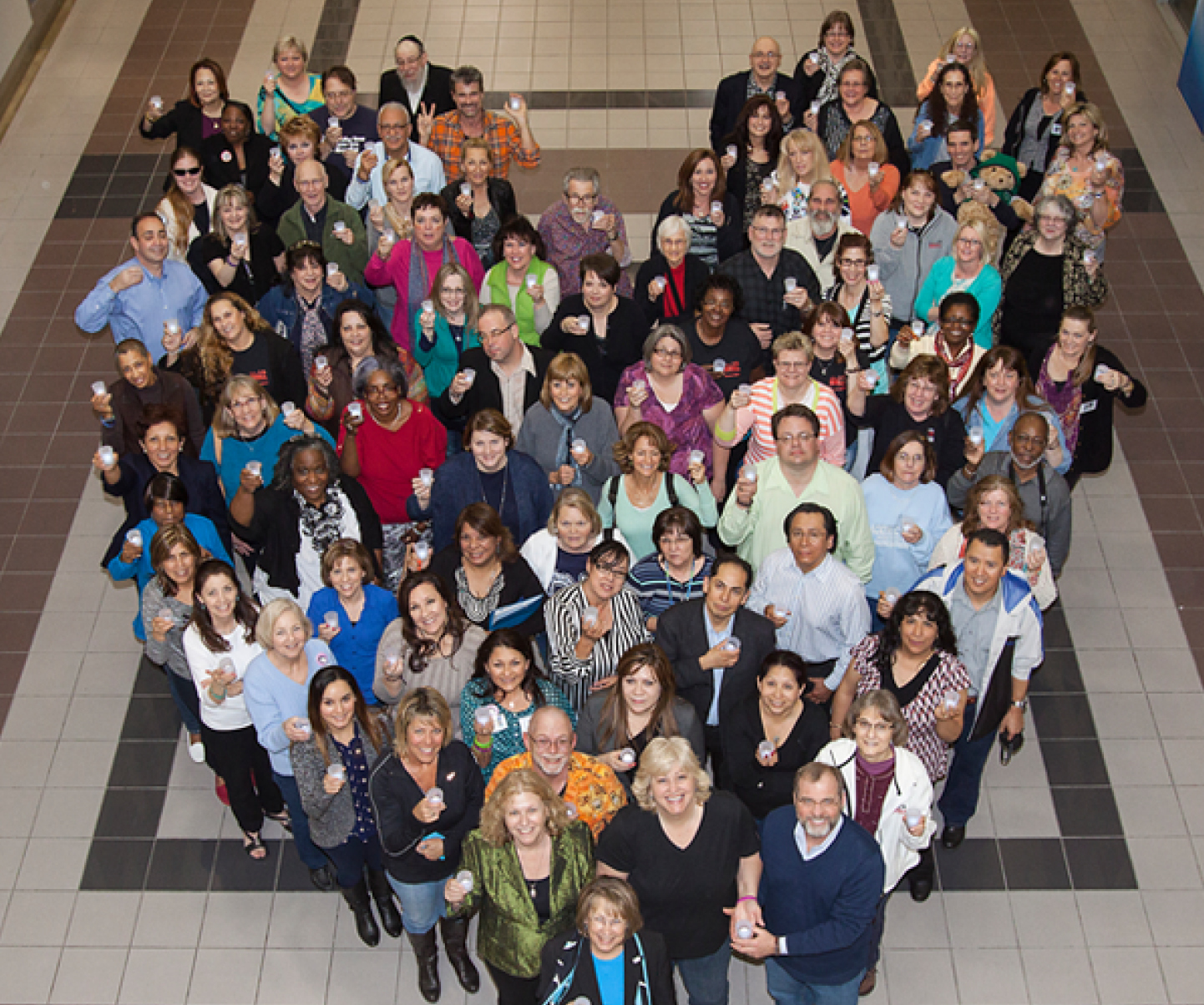
Our volunteers drive forward our mission, helping to make a lasting impact in the lives of children across the country. NCMEC relies on you to help advocate for children in your communities. Join our family of volunteers dedicated to finding missing kids, preventing exploitation of children, and keeping kids safe!
NCMEC relies on the generous support of our corporate partners. Learn more about our current partners and how your company can join us.
NCMEC is proud to partner with other nonprofit organizations across the country. Learn more about our program partners and how your organization can join us!
Donate now to have your name or company featured on our HOPE wall.
No matter how you support the National Center for Missing & Exploited Children, your contribution goes towards our programs to help protect children everywhere.


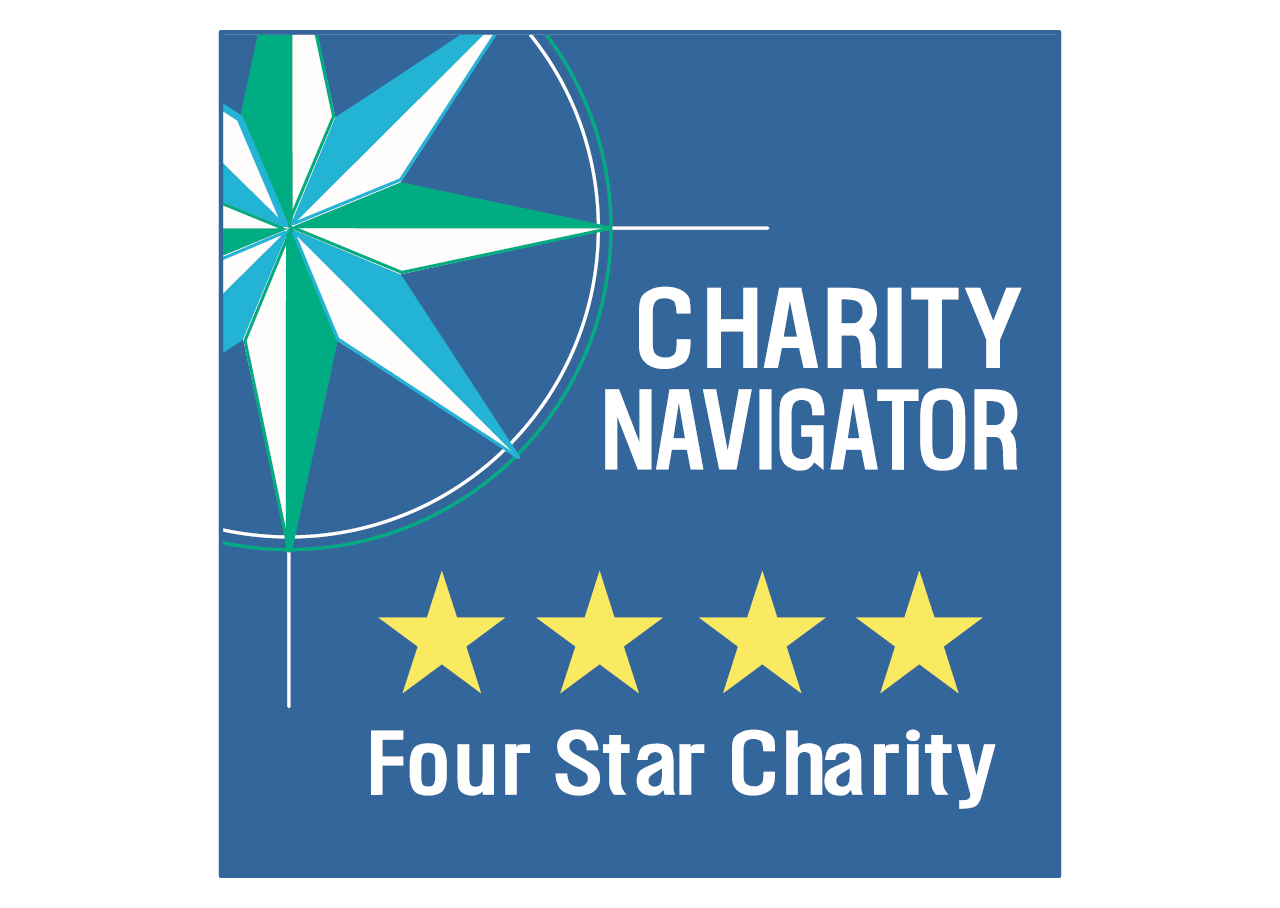
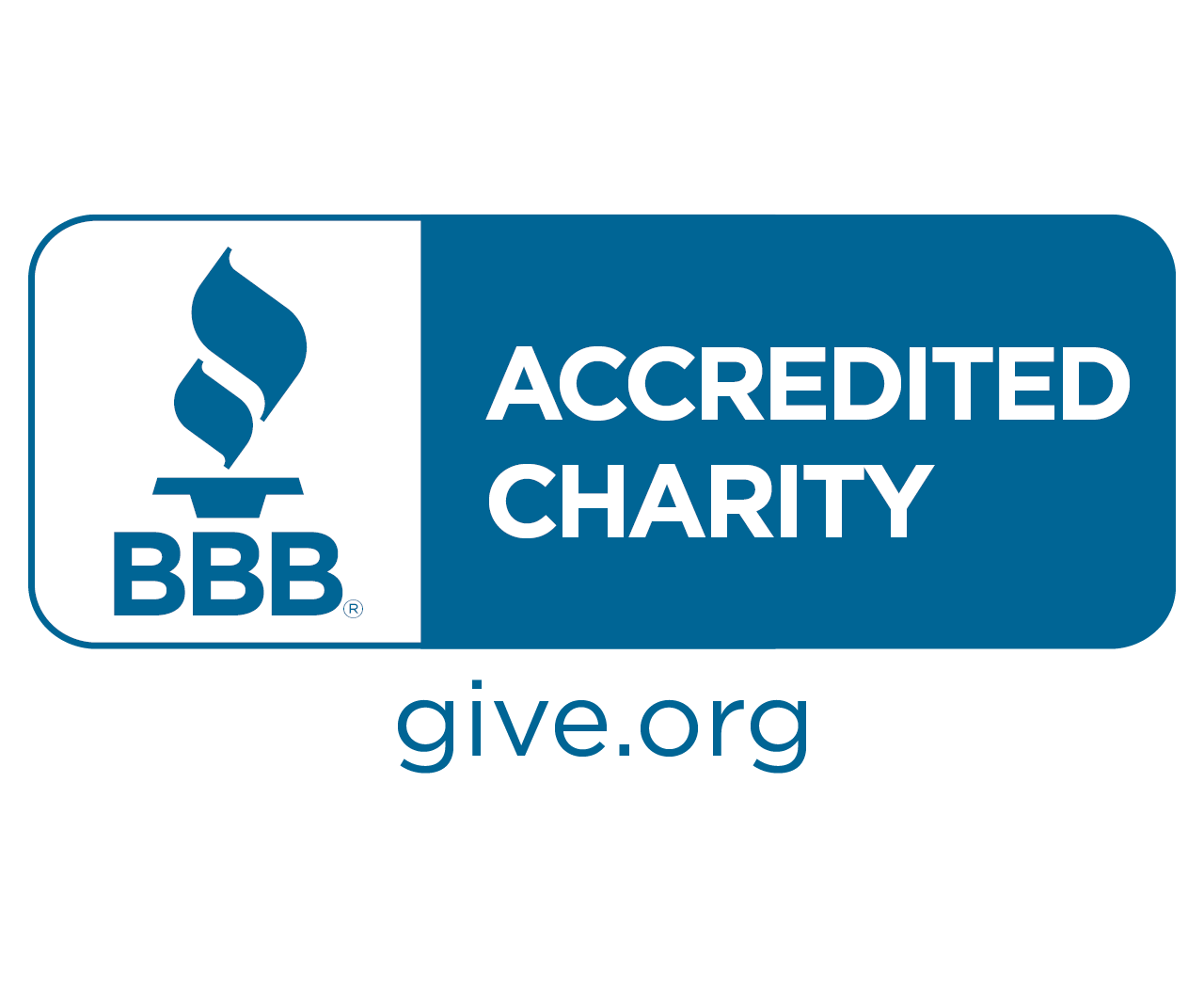
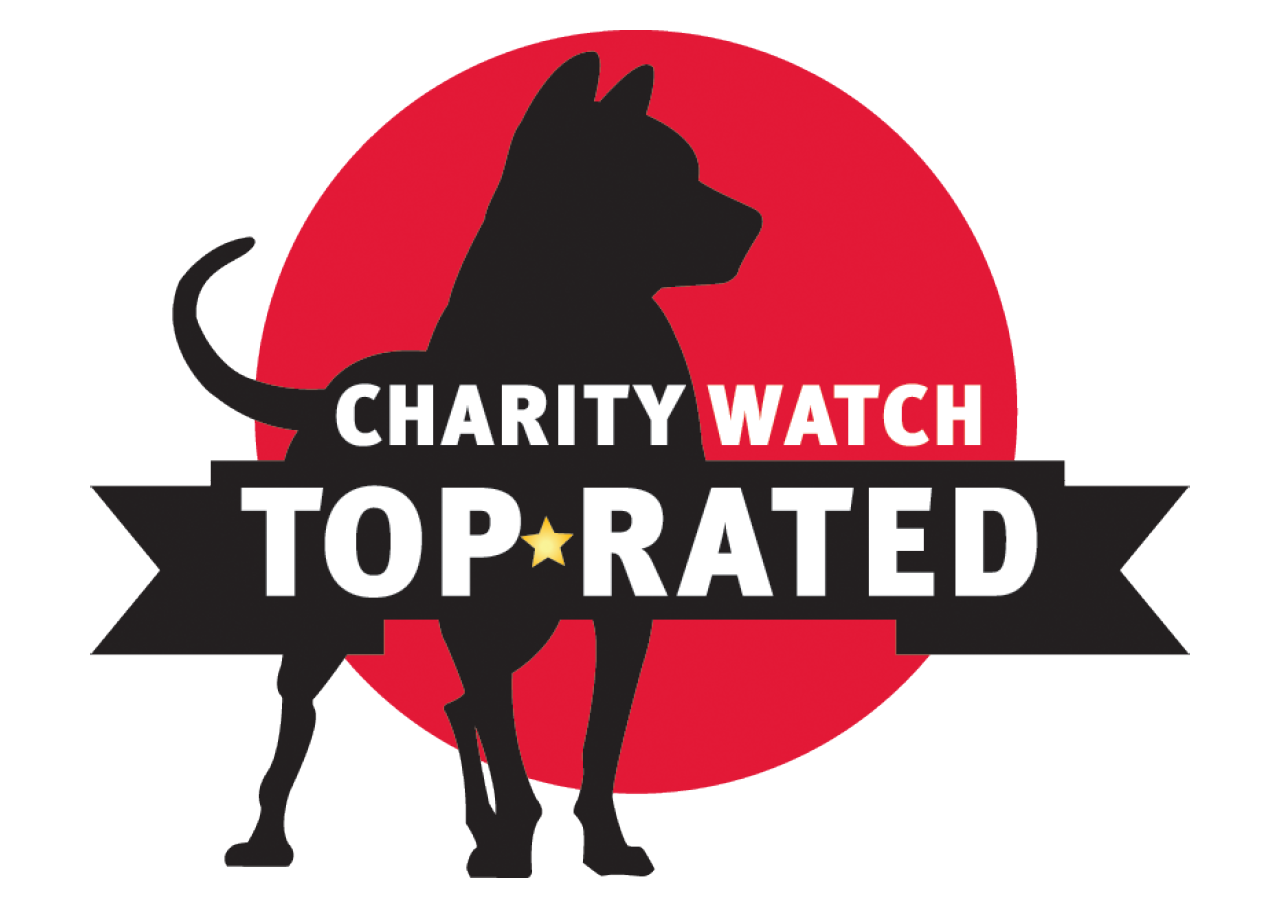
- Search for Missing Children
Active AMBER Alerts
Name Missing From Issued For Alert Date Keshawn Williams Cleveland, OH OH Jun 24, 2023
Notice: The National Center for Missing & Exploited Children® certifies the posters on this site only if they contain the NCMEC logo and the 1-800-THE-LOST® (1-800-843-5678) number. All other posters are the responsibility of the agency whose logo appears on the poster.
Active AMBER Alert cases will remain on this page up to 6-months from activation. Following that, active missing child posters can be found by using the search tool below.
Search Missing Children Posters
To view posters of children who went missing on this date in the past, click here.
When unidentified child remains are found, NCMEC works to give the children back their names. Click here to view and search all of NCMEC’s unidentified cases.
Sign up for the ADAM Program to receive e-mail alerts and posters when children go missing in your area. This program is free and available to individuals and businesses alike. Learn more.
You can receive missing child alerts in RSS format. To subscribe to any of the RSS feeds click here.
The posters on this website with the NCMEC logo have been certified as noted below:
- Case was entered into the FBI’s National Crime Information Center database.
- Waiver from parent, guardian or law enforcement agency giving permission to disseminate photo of missing child is on file at NCMEC.
- Posters containing photos of adults labeled as an abductor are included only if a felony warrant was issued for the abductor and information about the abductor was entered into the NCIC Wanted Person File.
Some of the individuals pictured in NCMEC posters were reported missing when they were between the ages of 18 and 20. Law enforcement has entered these cases in the FBI National Crime Information Center database, pursuant to 34 U.S.C. § 41307 (Suzanne’s Law), and has asked NCMEC to disseminate the posters.
Law enforcement officers should:
- Check with the appropriate law enforcement agency before taking action regarding a child or abductor depicted in any poster on this website not containing the NCMEC logo.
- Be aware some international case posters listed on this website do not have criminal warrants attached, but have specifically-designed posters indicating they are subject to the process specified under the Hague Convention on the Civil Aspects of International Child Abduction. For more information about this process contact NCMEC at 1-800-THE-LOST® (1-800-843-5678) when dialing within the United States and Canada.
- Exploitation Resources
Overview
Recovering from child sexual exploitation can be a challenging road, and it can often feel like you are navigating it alone. NCMEC is here to help. Having worked with communities of survivors, NCMEC knows that feelings of isolation, fear, and worry can make seeking resources a difficult process. There is an army of professionals at NCMEC and other organizations who may be able to help you. We want you to know that your needs matter and this page was created so you can take action.
Download NCMEC’s Resources for Child Sexual Exploitation Survivors and Their Families PDF in English and Spanish.
Reporting
If you want to make a report of child sexual exploitation, you can use NCMEC’s CyberTipline. Specially trained analysts will process that report and make it available to the appropriate law enforcement agency.
“My daughter was being exploited. I knew I had to call NCMEC. I’m glad I did and every parent should understand what NCMEC is all about. Knowing your child is suffering the most horrific pain and that you can’t do anything to stop it is the worst feeling in the world. Knowing we had a resource like NCMEC made us feel empowered, and made a difference in our daughter’s life!”
– Mother of a survivor
Emotional & Peer Support
When a child is the victim of sexual exploitation it is difficult for the whole family. NCMEC is here to help with the recovery process. Masters-level trained advocates offer crisis intervention to families as well as resources and suggestions to help them rebuild and reconnect.
Additionally, NCMEC’s peer support network, Team HOPE, can provide support, empowerment, and resources to families of missing or exploited children from people who have experienced a similar trauma. If you’d like to connect with someone for emotional support, contact gethelp@ncmec.org or 1-877-446-2632 ext. 6117.
“Team Hope, besides being a life saver and your new family, is an amazing group of people who have been through every parent’s worst nightmare or every sibling’s worst nightmare. It’s probably the first time I talked to somebody who understood what I was talking about. When she answered the phone, we talked for 4 hours.”
– Mother of a survivor
Removing Content
Are your images online? Need help getting them down? NCMEC works closely with technology industry partners to help reduce child sexual abuse material that circulates on the internet and stop the harassing online comments being posted as a result of this material. We can also share resources, guidance, and tools to help you remove child sexual exploitation photos and videos from the internet. Learn how to report the images to the company directly or make a report to NCMEC’s CyberTipline.
Locating Therapists
NCMEC can help you locate and connect to specially trained mental health professionals who work with families and survivors through our Family Advocacy Outreach Network. FAON is international in scope and provides therapeutic services within local communities. For help locating a therapist, contact gethelp@ncmec.org or 1-877-446-2632 ext. 6117.
“What I would say to survivors is that they have choices and they have rights and a lot of those choices were taken away while you were victimized. Use [your] resources, whether that is a therapist, a victim advocate or whomever [you’ve] connected with, …to help [you] through the process because it’s very challenging and difficult.”
– Heather Bryan, Therapist and FAON Member
Locating Attorneys
A child whose sexually exploitative photos or videos are shared online has a legal right to seek monetary restitution from all offenders who create, share, or possess these images/videos. Because the process to seek monetary restitution is complex and often confusing, it may be helpful for you to have an attorney when you navigate the legal system. NCMEC can talk you through these legal issues and help you find an attorney who will work on your behalf. For more information, contact gethelp@ncmec.org or 1-877-446-2632 ext. 6117.
“We think you’re worth something, the law thinks you are worth something, the American public thinks you’re worth something. That’s why these laws are in place, that’s why the system has been set-up and you need to take advantage of it.”
– Erik Bauer, Attorney who has represented survivors
- AMBER Alerts
Active AMBER Alerts
Name Missing From Issued For Alert Date Keshawn Williams Cleveland, OH OH Jun 24, 2023
Notice: The National Center for Missing & Exploited Children® certifies the posters on this site only if they contain the NCMEC logo and the 1-800-THE-LOST® (1-800-843-5678) number. All other posters are the responsibility of the agency whose logo appears on the poster.
AMBER Alerts are usually resolved within hours. However, there are still some children who were featured in AMBER Alerts who are still missing. These children and their most up to date poster can be found below.
Overview
AMBER Alerts are activated in the most serious child-abduction cases. The goal of an AMBER Alert is to instantly galvanize the community to assist in the search for and safe recovery of a missing child. These alerts are broadcast through radio, TV, road signs, cellphones, and other data-enabled devices. The AMBER Alert system is being used in all 50 states, the District of Columbia, Indian country, Puerto Rico, the U.S. Virgin Islands, and 27 other countries.
The U.S. Department of Justice’s Office of Justice Programs has tasked the National Center for Missing & Exploited Children with managing the AMBER Alert Secondary Distribution Program. When law enforcement issues an AMBER Alert, NCMEC is notified and re-distributes the alert to the appropriate secondary distributors.
As of June 30, 2023: 1,140 children have been recovered due to AMBER Alerts. 136 are due to WEA.
How do I receive AMBER Alerts?
AMBER Alerts are broadcast through radio, television, road signs, and the network of secondary distributors, which include digital signage, hotel chains, internet service providers, apps, and other technology. As of 2013, AMBER Alerts are also delivered to wireless phones through the Wireless Emergency Alerts program (WEA).
Most people will see AMBER Alerts directly from primary distribution and secondary distributors and do not require any additional steps. You may also be notified of an AMBER Alert in the following ways:
On Facebook: Visit www.facebook.com/AMBERAlert and “Like” the page to receive AMBER Alerts in your newsfeed. Facebook also automatically notifies users near the location of an AMBER Alert.
On Instagram: If an AMBER Alert is activated by law enforcement and you are in the designated search area, the alert will appear in your Instagram feed.
On Twitter: Follow @AMBERAlert to receive rapid AMBER Alert notifications on your Twitter feed and share the alert with your followers.
International AMBER Alert Programs
Countries around the world followed the success of AMBER Alerts in the U.S. and created similar rapid alert systems. Each country adapted the system to fit its own needs and requirements but the goal remains the same — use the eyes and ears of the public to help law enforcement recover a child who is in immediate danger.
More information can be found at https://www.icmec.org/global-missing-childrens-center/child-alerts/
- CyberTipline
Overview
NCMEC’s CyberTipline is the nation’s centralized reporting system for the online exploitation of children. The public and electronic service providers can make reports of suspected online enticement of children for sexual acts, child sexual molestation, child sexual abuse material, child sex tourism, child sex trafficking, unsolicited obscene materials sent to a child, misleading domain names, and misleading words or digital images on the internet.
Every child deserves a safe childhood.
What Happens to Information in a CyberTip?
NCMEC staff review each tip and work to find a potential location for the incident reported so that it may be made available to the appropriate law-enforcement agency for possible investigation. We also use the information from our CyberTipline reports to help shape our prevention and safety messages.
Is Your Image Out There?
One of the worst things about having an explicit image online is feeling like you’re facing everything alone. But you have people who care for you and want to help. Reach out to them!
A trusted adult can offer advice, help you report, and help you deal with other issues. It could be your mom, dad, an aunt, a school counselor, or anyone you trust and are comfortable talking to. You can also “self report” by making a report on your own to the CyberTipline.
Families of exploited children often feel alone in their struggle and overwhelmed by the issues affecting their lives. NCMEC provides assistance and support to victims and families such as crisis intervention and local counseling referrals to appropriate professionals. Additionally, NCMEC’s Team HOPE is a volunteer program that connects families to others who have experienced the crisis of a sexually exploited child.
Having a sexually exploitative image of yourself exposed online is a scary experience. It can make you feel vulnerable and isolated, but remember, others have been in the same situation as you – and they’ve overcome it. Learn the steps you can take to limit the spread of the content.
By the Numbers

In 2022:


Find more data in the CyberTipline Report.
More
Learn more about online exploitation and safety.
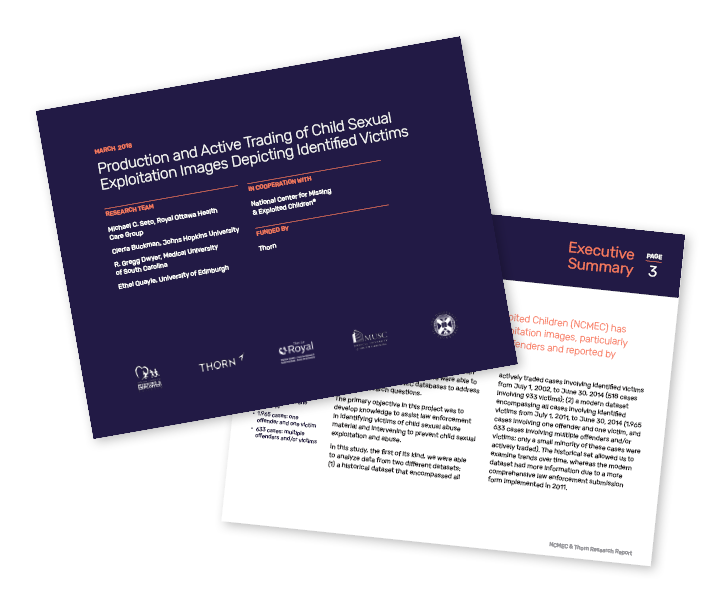
Production and Active Trading of Child Sexual Exploitation Images Depicting Identified Victims
How NCMEC is responding to the ever-changing threats to children online.
NCMEC is a founding member of
- Is Your Child Missing
Overview
Act immediately if you believe your child is missing.
Download this checklist of actions to be taken by families in the initial stages of a missing child case. If you have any questions call the NCMEC at 1-800-THE-LOST® (1-800-843-5678). If you are not located in the United States, call your country’s hotline.
What to do if your child is missing
- Immediately call your local law enforcement agency.
- After you have reported your child missing to law enforcement, call the National Center for Missing & Exploited Children at 1-800-THE-LOST® (1-800-843-5678).
- If your child is missing from home, search through:
- Closets.
- Piles of laundry.
- In and under beds.
- Inside large appliances.
- Vehicles – including trunks.
- Anywhere else that a child may crawl or hide.
- Notify the store manager or security office if your child cannot be found when in a store. Then immediately call your local law enforcement agency. Many stores have a Code Adam plan of action in place.
- When you call law enforcement
- Provide law enforcement with your child’s name, date of birth, height, weight, and descriptions of any other unique identifiers such as eyeglasses and braces. Tell them when you noticed your child was missing and what clothing he or she was wearing.
- Request law enforcement authorities immediately enter your child’s name and identifying information into the FBI’s National Crime Information Center Missing Person File.
When you call NCMEC, a Call Center specialist will record information about your child. A NCMEC case management team will next work directly with your family and the law enforcement agency investigating your case. They will offer technical assistance tailored to your case to help ensure all available search and recovery methods are used.
As appropriate NCMEC case management teams:
- Rapidly create and disseminate posters to help generate leads.
- Rapidly review, analyze and disseminate leads received on 1-800-THE-LOST® (1-800-843-5678) to the investigating law enforcement agency.
- Communicate with federal agencies to provide services to assist in the location and recovery of missing children.
- Provide peer support, resources and empowerment from trained volunteers who have experienced a missing child incident in their own family.
- Provide families with access to referrals they may use to help process any emotional or counseling needs.

